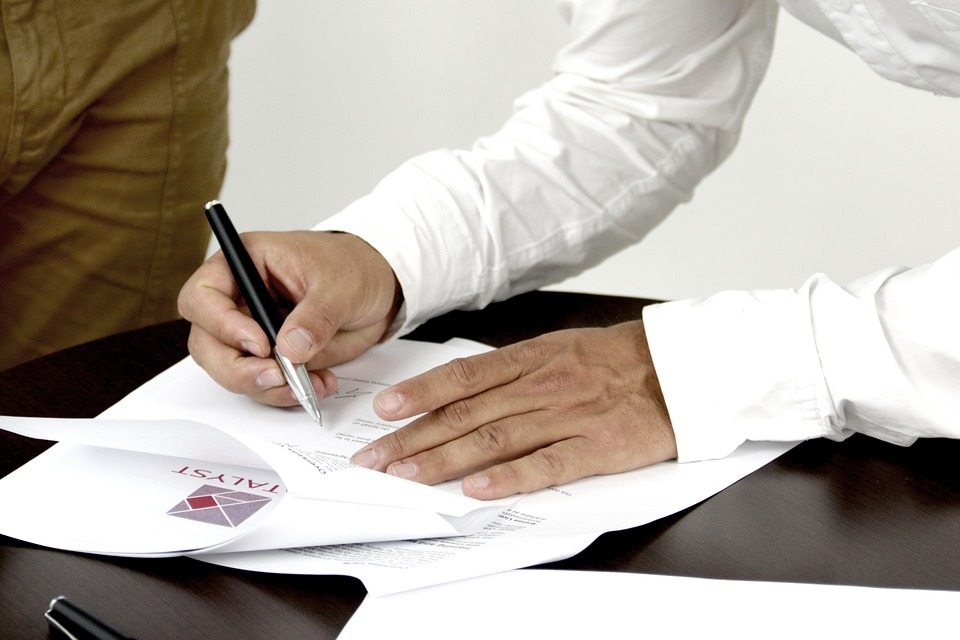A power of attorney (POA) is a written authorisation that grants a designated person the power to act or represent on the behalf of another person in the matters concerning the granter’s private affairs, legal obligations and business activities. The person responsible for authorising the POA is the ‘grantor’ or the ‘donor’ or the ‘principal.’ And the person authorised to act is considered to be his ‘agent.’
Granting POA to the right person is essentially important for the grantor as it gives the agent authority to take major decisions on his behalf. The grantor can give unlimited power to his agent or restrict it to certain privileges depending on his mental and physical well-being. Hence, when a person is designated as an agent, he is appointed with several responsibilities and has to fulfil many duties on the behalf of the grantor.
Here’s a closer look at the key duties of power of attorney:
1) Dealing with Real Estate Matters
Depending on the terms stated in the POA, a designated attorney may have to manage the grantor’s real estate affairs and take an active role in its succession planning. To ensure a grantor’s continued involvement in the real estate matters, he and the agent have to sign an Enduring Power of Attorney (EPA) in front of a lawyer or notary public. Your lawyer in turn certifies the attorney to look into the matter. Once certified, an attorney needs to manage with the grantor’s real estate matters and investments. It is highly recommended to consult an experienced lawyer before signing an EPA to ensure its validity as well as understand the legalities entailed with estate planning and administration better.
2) Being Loyal to the Donor
The attorney is responsible for carrying the duties and responsibilities assigned to him honestly and in accordance with the principal’s wishes. He should not conduct any activity or transaction that is restricted according to the document of POA . He also needs to notify the principal about the mandates that are being executed. Keep a written record of the activities undertaken by you on the donor’s behalf. Also keep in mind that the principal retains the final authority regarding the decisions taken by you.
3) Making Financial Transactions
Another crucial responsibility of an attorney is to make financial decision on behalf of the donor. There are certain situations where the attorney has to use the agent’s finances for the benefit of others. For instance, the attorney may need to utilise the money of the agent after his death to fulfil the legal obligation of financially supporting his minor children.
The attorney may can also make gifts or loans on his agent’s behalf which may also include supporting the agent’s family members and friends. Your lawyer can help you understand the duties entrusted with a POA better.
4) Separation of Resources
As an attorney you are obligated to make sure your resources and capital remains separated from the grantor’s. You may receive a designated sum of money from the grantor as mentioned in the EPA but it’s important to make sure you do not utilise grantor’s resources for personal requirements. Failure to comply with this rule may lead to heavy litigation for you.
To understanding the duties of power of attorney better, contact our legal experts today.

